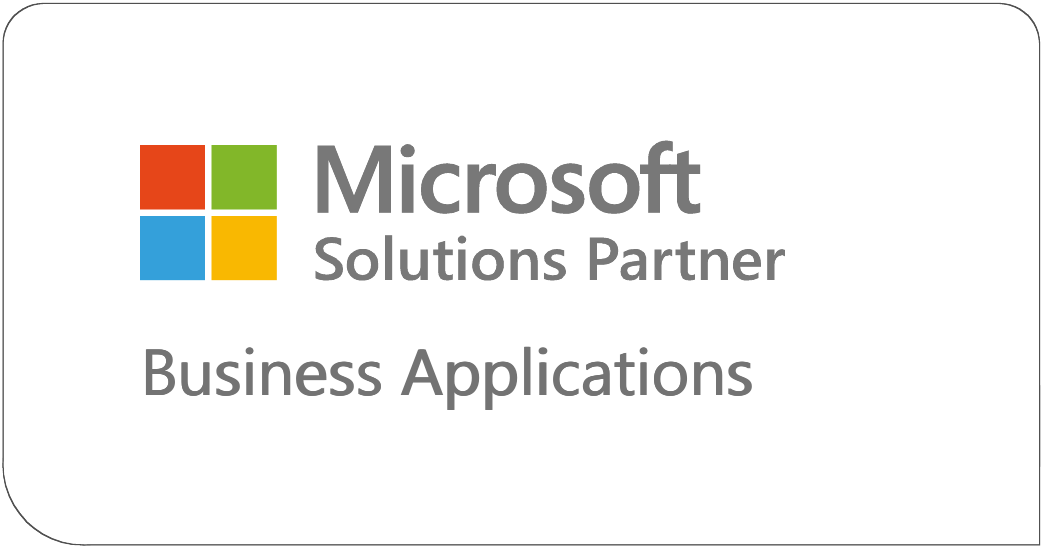| Ayesha Taufeeq
Microsoft Dynamics 365 is a collection of enterprise resource planning (ERP) and customer relationship management (CRM) software applications that are designed to help businesses manage their operations, customer relationships, and data. It includes a range of applications, such as financials, sales, marketing, customer service, and project management, that can be used individually or as part of an integrated system. Dynamics 365 is designed to be flexible and scalable, so businesses can choose the applications that meet their specific needs and add more as their business grows. It is available in the cloud or as an on-premises deployment.
Power Platform is a line of business intelligence, app development, and app connectivity software applications. It is a low-code-tool platform built on the dynamics 365 stack enabling organizations accelerate innovation, and reduce the cost associated with analyzing data and automating business.

Understanding the tools of Power Platform
- Power BI: A business analytics platform that helps organizations visualize and analyze data.
- Power Apps: A low-code platform for building custom business applications.
- Power Automate: A platform for automating workflows and business processes.
- Power Virtual Agents: A platform for building chatbots and other virtual agents.
Best Practices for Using the Power Platform
- Start small and scale up: start small and gradually build up to more complex solutions to determine what is working for your business and its needs.
- Drag and drop to design solutions: Use a simple, effortless, low-code tool for creating custom solutions.
- Plan ahead: Carefully plan your requirements and goals to build logical and efficient solutions.
- Leverage templates and sample apps: Use templates and sample apps as a starting point for your solutions. A great way to save time and effort.
- Utilize the community: Leverage the strong community of users and developers and listen to their experiences and knowledge to get answers to any questions you may have.
- Use connectors: leverage a set of prebuilt actions and triggers using connectors to build apps and workflows
- Use the Common Data Service: Store and manage data in a centralized location, making it easier to access and use within your solutions.
In conclusion, the Power Platform is a flexible and cost-effective solution that can help businesses improve efficiency and drive digital transformation. With its easy-to-use tools and integrations, organizations can quickly and easily build custom solutions that meet their specific needs, and scale them up as their business grows.
Join us next time, as we continue our journey of learning canvas apps.Click here to learn more about Imperium's Power Apps Services. We hope this information was useful, and we look forward to sharing more insights into the Power Platform world.

